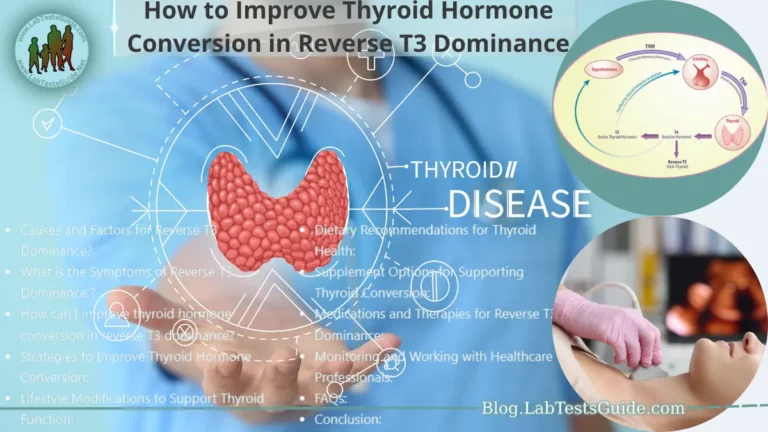Glossary
 Health: The state of complete physical, mental, and social well-being, and not merely the absence of disease or infirmity, as defined by the World Health Organization (WHO).
Health: The state of complete physical, mental, and social well-being, and not merely the absence of disease or infirmity, as defined by the World Health Organization (WHO).- Wellness: A holistic approach to health that encompasses physical, mental, and social well-being, focusing on the prevention of illness and the promotion of overall quality of life.
- Physical Health: The condition and functioning of the body’s physical systems and organs, including factors like fitness, nutrition, and the absence of diseases or disabilities.
- Mental Health: The state of psychological and emotional well-being, encompassing factors such as mental resilience, emotional stability, and the absence of mental disorders.
- Social Health: The quality of an individual’s relationships and interactions with others, including their ability to form and maintain healthy social connections and support networks.
- Holistic Health: A comprehensive approach to health that considers the interconnectedness of physical, mental, and social well-being, recognizing that these aspects of health are interdependent.
- Disease: A specific abnormal condition or disorder that negatively affects the structure or function of an organism’s body, leading to symptoms and impairments.
- Preventive Healthcare: Strategies and actions aimed at preventing illness, injury, or disease before they occur, often through measures such as vaccinations, regular check-ups, and lifestyle modifications.
- Health Promotion: Activities and initiatives designed to encourage and empower individuals and communities to adopt healthy behaviors and make positive lifestyle choices.
- Wellness Program: A structured plan or set of activities aimed at improving and maintaining an individual’s overall health and well-being, often including components like fitness, nutrition, stress management, and mental health support.
- Nutrition: The process of obtaining and consuming food that provides the necessary nutrients for the body’s growth, maintenance, and function.
- Fitness: The state of being physically fit and capable of performing physical activities and exercises efficiently and effectively.
- Mental Disorder: A clinically diagnosable condition that significantly impairs an individual’s cognitive, emotional, or behavioral functioning, such as depression, anxiety disorders, or schizophrenia.
- Chronic Illness: A long-lasting medical condition that may require ongoing management and treatment, often lasting for years or even a lifetime, examples include diabetes, hypertension, and asthma.
- Holistic Medicine: An approach to healthcare that considers the whole person, including physical, mental, and social aspects, and may incorporate complementary and alternative therapies alongside conventional medicine.
- Healthcare Provider: A licensed professional or institution that delivers medical and healthcare services to individuals, including doctors, nurses, hospitals, clinics, and therapists.
- Telemedicine: The use of telecommunications technology, such as video calls and remote monitoring, to provide medical consultations and healthcare services at a distance.
- Public Health: The science and practice of preventing disease, promoting health, and prolonging life in populations through organized efforts, including vaccination programs, health education, and disease surveillance.
- Health Equity: The concept of ensuring that all individuals have an equal opportunity to achieve their highest level of health, regardless of their socioeconomic status, race, ethnicity, or other factors.
- Healthcare Policy: The set of laws, regulations, and guidelines that govern the provision and financing of healthcare services, including issues related to insurance, access, and quality of care.

 Health: The state of complete physical, mental, and social well-being, and not merely the absence of disease or infirmity, as defined by the World Health Organization (WHO).
Health: The state of complete physical, mental, and social well-being, and not merely the absence of disease or infirmity, as defined by the World Health Organization (WHO).




